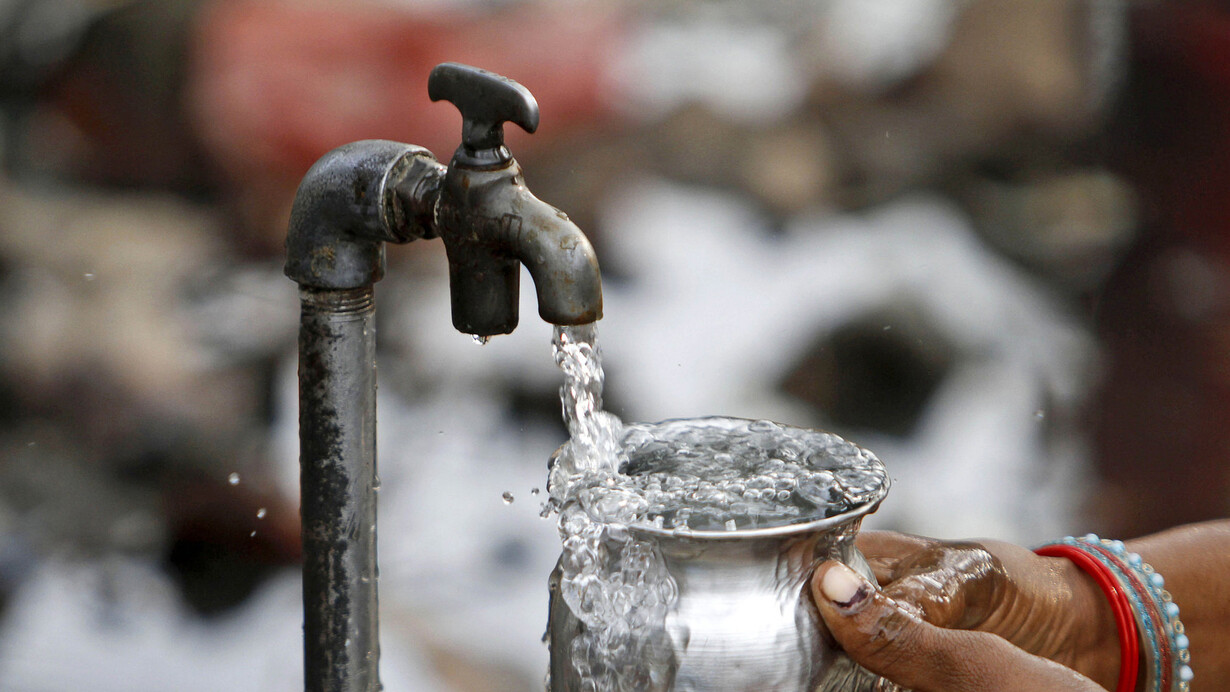
Clean drinking water is one of the most basic human needs, yet millions of people around the world still do not have access to it. Despite technological advances and global development, the problem remains serious in both poor and developing countries and even in some parts of rich nations. The question is: why?
In this article, we take a closer look at the importance of clean drinking water, the challenges in making it accessible to all, and the global efforts being made to solve this crisis.
Clean drinking water means water that is safe to drink without any risk of getting sick. It should be free from bacteria, viruses, toxic chemicals, and other harmful substances. According to the World Health Organization (WHO), safe drinking water should meet certain standards for quality, including taste, smell, and appearance.
Clean Drinking Having access to clean water is essential not just for drinking, but for cooking, washing, and hygiene. It supports health, education, and economic growth.
According to a 2023 report by UNICEF and WHO:
Even in some developed countries, aging Clean Drinking systems and pollution have caused unsafe drinking water problems. For example, the water crisis in Flint, Michigan (USA), made international headlines when thousands of residents were exposed to lead-contaminated water.
There are several key reasons why access to clean water remains a global issue:
Drinking dirty or untreated water can lead to many serious health problems. These include:
Children are most at risk. Diarrhea caused by unsafe water is a leading cause of death among children under five.
The good news is that many global and local organizations are working hard to solve the clean water crisis. Here are some major efforts:
In urban areas, governments are upgrading water systems and introducing stricter pollution control laws. Awareness campaigns are also helping people understand how to store and use water safely.
While the problem is global, individuals can make a difference too. Here are some ways you can help:
The road to universal access to clean drinking water is not easy, but it is possible. The key lies in global cooperation, innovation, and commitment.
Governments must take stronger action. Companies must be held accountable for water pollution. Communities must be involved in planning and maintaining local water systems.
And most importantly, the world must treat clean water not as a luxury, but as a human right.
Clean drinking water is not just about quenching thirst it’s about dignity, health, and a better future. The fact that billions of people still live without this basic necessity should be a wake-up call to all of us.
With better policies, smart technology, and people who care, we can solve the clean water crisis. But time is running out. The time to act is now.
Read More:- Shobha Realty Launches Its Most Luxurious Project Yet—Full Details Inside 2025
